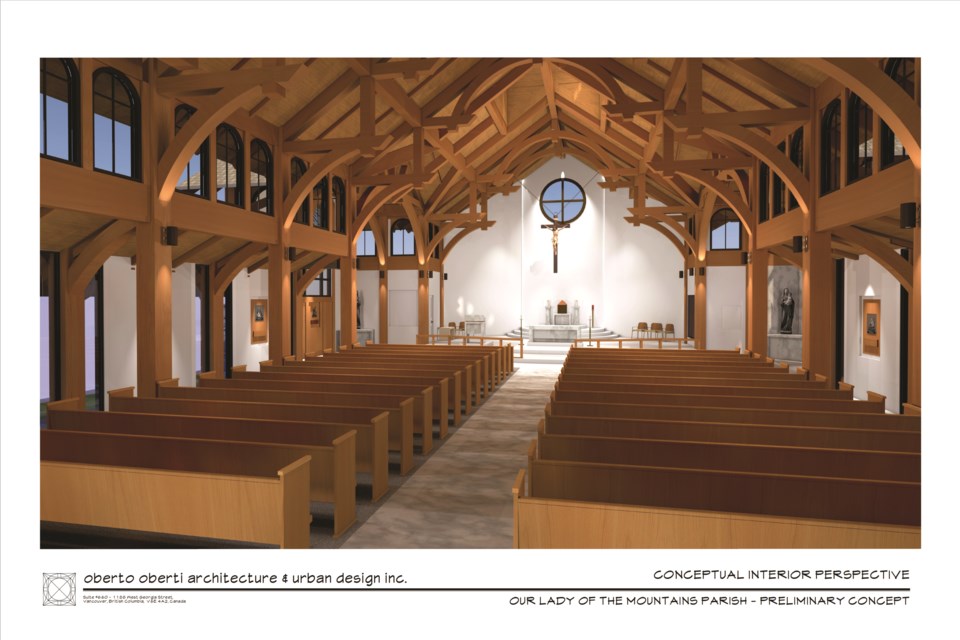Until a couple of years ago and for 11 years, I attended the Whistler Catholic church, developing a rewarding sense of belonging to the religious community, to the essentiality of the building that through the large windows enhances the beauty of the mountains and of the Creation, and I also enjoyed the cultural exchange at the various events where the church opened to the larger community.
Unfortunately, the current pastor has severed this umbilical cord for me and for others I know in the community (the beauty created by musicians and artists in general generates communion because it unites God, man and creation in a single symphony, said Pope Francis) and in parallel, on the strength of his authority and with the support of the bishop, he made this plea about building a new church that would "inspire and help to find the Divine" (see Pique, July 14: “Whistler’s Catholic church looks to expand its footprint and presence—but not all are onboard”).
In Europe, the albeit splendid basilicas are increasingly empty, testifying to the deep crisis facing Catholicism; the church in Whistler similarly does not fill to its capacity for even two days a year.
In this time, we Catholics are exposed to much criticism and tragic legacies: "the best criticism of the bad is the practice of the better," said Richard Rohr, and that should be our response.
The proposed funds to be raised for the new church could certainly facilitate some true reconciliation programs with Indigenous people and all victims of abuse.
St. Francis, in embracing his vow of poverty, love for the universe and to feel nature, always walked barefoot; as an exception to his vow, Pope Gregory lX had a basilica built (in 25 years) to include the saint's tomb.
Does history teach, or does it repeat itself?





